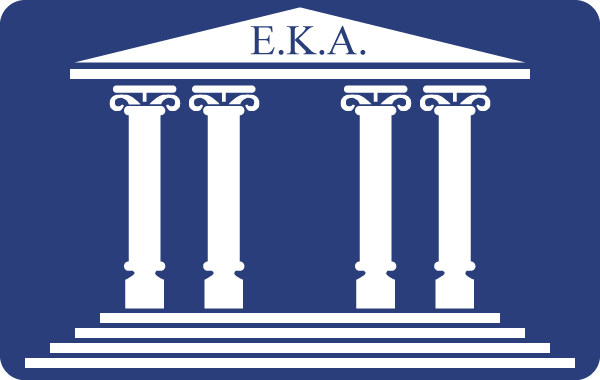Tag: Greece
-
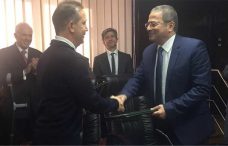
EuroAfrica cable enters crucial phase
The EuroAfrica Interconnector, a planned subsea electric cable connecting the Egyptian, Cypriot and Greek power grids to continental Europe has entered a crucial phase of conducting project studies with a signing ceremony for a memorandum of understanding among all parties having taken place on Monday. The officials attending the signing ceremony in Cairo endorsed their…
-
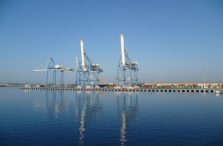
Total to start exploratory drilling off Cyprus with Greece following
The discovery of natural resources in Israel and Egypt has motivated big companies to look into the Eastern Mediterranean closer. The French oil exploration company Total is ready to start exploratory marine drilling off Cyprus. What made this possible was the discovery of the Egypt’s Zohr deposit. Experts argue that the chances for deposits of similar value in Cyprus’…
-
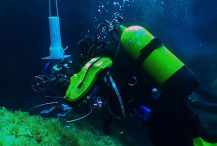
The Hellenic Centre for Marine Research: mission and achievements
Sea research has been carried out in Greece for more than 100 years. Nowadays, it is conducted under the auspices of the Hellenic Centre for Marine Research (HCMR). HCMR can trace its origins to the founding of the first Greek Marine Research Institute, the Marine Hydrobiological Station, established in 1914. HCMR mission is to research, develop and implement…
-
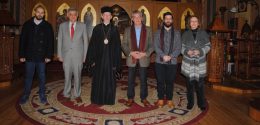
Metropolitan Cleopas of Sweden attends feting of Lesbos Mayor with the Olof Palme Prize
The mayors of Lesbos, Greece Mr. Spyridon Galinos and Lampedusa, Italy Ms. Giusi Nicolini were honored with the 2016 Olof Palme Prize at a ceremony held at Sweden’s national legislature, the Riksdag. In attendance were the ambassadors of Greece and Cyprus, Dimitrios Touloupas and Andreas Kakouris, Metropolitan Cleopas of Sweden and All Scandinavia, the widow…
